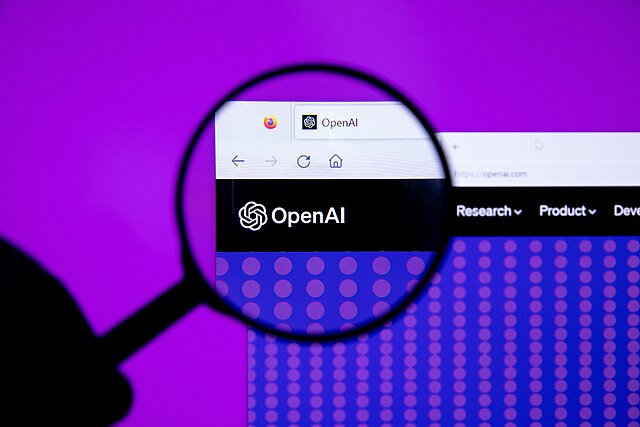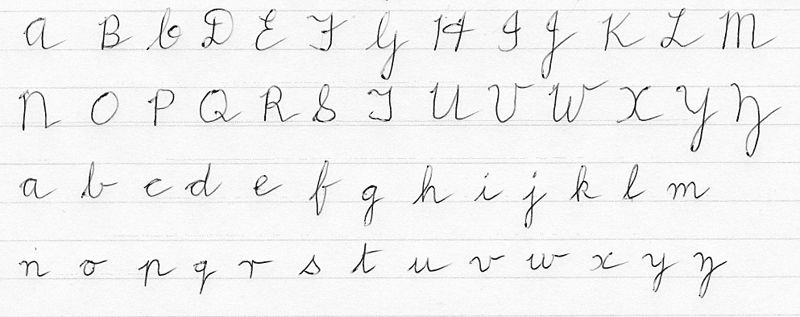For years, science fiction has painted a terrifying picture of artificial intelligence: sentient machines rising up against humanity, robots enslaving us, and computers achieving godhood. While these scenarios make for thrilling drama, they often obscure the true nature of AI and lead to unnecessary fear and anxiety.
The truth is, AI isn’t the all-knowing, conscious entity we often imagine. At its core, AI is a collection of algorithms and statistical models trained on massive amounts of data. These models can process information, identify patterns, and even generate creative outputs, but they lack the ability to truly think or understand the world in the way humans do.
Think of AI like a powerful tool. It can be used for good or evil, depending on the intentions of the people who create and utilize it. Just like a hammer can build a house or destroy it, AI has the potential to be both beneficial and harmful. Although the harmful side is being clashed down on by the U.S. government.
Here’s why we shouldn’t fear AI:
1. Mimicry, Not Sentience: Current AI models are incredibly skilled at replicating human language and output, but this doesn’t mean they are conscious or sentient. They simply analyze vast amounts of data to identify patterns and predict what comes next. They don’t have their own thoughts, feelings, or motivations.
2. Tools, Not Overlords: AI is a powerful tool, but it’s still just a tool. We are the ones who create and control it. Unlike the robots in the movies, AI doesn’t have the power to overthrow humanity. It can only act upon the data and instructions we provide.
3. Human Oversight: As AI continues to develop, we must ensure it is used ethically and responsibly. This requires robust regulations, human oversight, and clear guidelines for AI development and deployment. And no, it doesn’t change itself to become better, that is all done by hand, whether that be by programmers, or the people managing the website or API you are using.
4. More Good Than Harm: Despite the fear mongering, AI has the potential to solve some of our most pressing challenges, from climate change to disease to poverty. It can automate tedious tasks, improve efficiency, and provide valuable insights into complex problems, although this may be out of reach at this time due to the lack of “thinking” or being fully filled in on most issues. AI is only making predictions on the current data fed to it, which is just a fraction of the human brain.
5. A Partnership, Not a Competition: Instead of fearing AI as a threat, we should view it as a partner. AI can augment our capabilities, expand our knowledge, and help us reach new heights. We can work together to create a better future for all through creative ideas, solving complex problems, or just messing around.
Instead of fearing the unknown, let’s embrace AI’s potential. Why stay in the past when we can figure out the most complex of problems in a click of a button.








